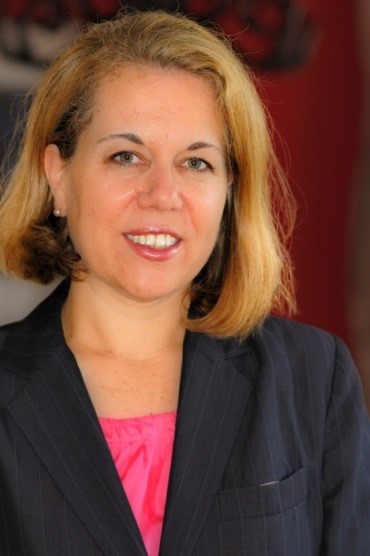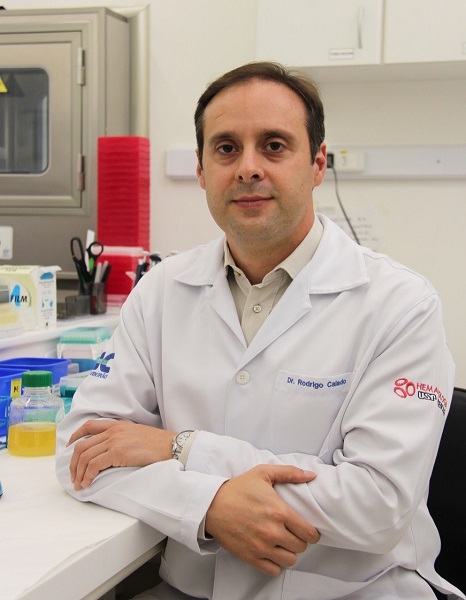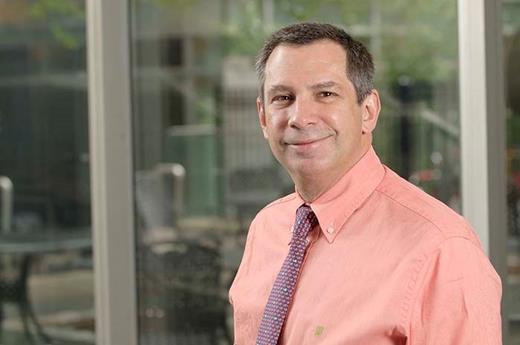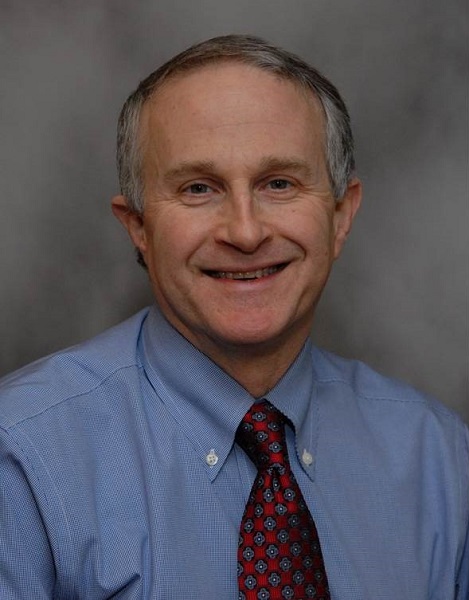The rise of immunotherapies for treating hematologic diseases is one of the most exciting developments in medical science in recent years. The October 2017 “Focus on Immunotherapy” special issue from ASH Clinical News discussed six recently approved drugs as well as nearly two dozen clinical trials that are evaluating immunotherapeutic agents (available at www.ashclinicalnews.org/special-issueswww.ashclinicalnews.org/special-issues). As the field grows, these numbers are likely to swell in the next few years. On the research front, immunologic treatments of hematologic malignancies are one of the six key priorities of the ASH Agenda for Hematology Research, which specifically urges further study of the use of immune-based therapeutic strategies, improved drug efficacy and reduced toxicity, and enhancements to the effectiveness of existing therapies (learn more at www.hematology.org/researchagendawww.hematology.org/researchagenda).
To further build on this momentum and continue leading the charge in this area, ASH has designed the ASH Summit on Emerging Immunotherapies for Hematologic Diseases — a new two-day summit that will convene researchers, clinicians, industry scientists, policy makers, and other critical stakeholders to examine the clinical and preclinical factors influencing the immunotherapies pipeline. Below, Program Co-Chairs Drs. Catherine Bollard, Rodrigo Calado, Sergio Giralt, and Jeffrey Miller share some personal thoughts on their hopes for the summit, as well as who should attend, and why.
What’s most exciting to you about this summit, and what aspects do you feel will engage attendees the most?
Dr. Catherine Bollard: In this summit, attendees will have a unique opportunity to facilitate interactions between regulators, academia, and pharma, and have exciting opportunities for discussion.
Dr. Rodrigo Calado: It is critical that we bring together professionals working on different aspects of immune therapies, providing an environment of complementary expertise. There also will be investigators on immune therapies for different disorders, malignant and nonmalignant, which may foster exchange of experiences and approaches.
Dr. Sergio Giralt: This will be the first comprehensive meeting exploring the impact of immunotherapies on the practice of hematology. Experts will be addressing areas of practical interest for both the academic and community practitioners. We’ll be discussing topics such as hematologic toxicities seen in cancer patients receiving immunotherapies, establishing CAR T programs, and new CAR T constructs and other immunotherapies.
Dr. Jeffrey Miller: We have an exciting agenda with national leaders coming together to educate the hematology community on their state-of-the-art research focusing on cancer and other hematologic disorders. The main goal is to get the audience up to speed on the latest research. The venue is bidirectional and invites active participation to contribute and prioritize studies to synergize as a community.
How do events such as this one advance hematology and immunotherapy research specifically? What makes ASH’s approach to this topic unique?
CB: The focus is solely on immune-based therapies for blood disorders bringing together leaders in the field from (as highlighted above) academia and industry, which will advance the dialogue and potential for collaboration to move novel therapeutic platforms from the bench to the bedside and beyond.
RC: This is an opportunity to experience exchange, discussions, and the emergence of new and innovative ideas. The discussions during the meeting will help to guide research on immune therapies in the future. There will be a good balance between basic, translational, and clinical research to be presented and discussed at the summit, as well as topics to help physicians and scientists walk through the development of novel therapies. It certainly can have an impact on patient care.
SG: Raising awareness can result in increased funding opportunities for cooperative research; we’re also helping to create networks of investigators and physicians with similar interests. Additionally, ASH has taken a unique approach in looking at both cellular and noncellular immunotherapies, while many other meetings have focused on one or the other. This summit focuses on both.
JM: Beyond current state of the art, our goal is to provide a sounding board for next-priority studies and critical combinations, and greater understanding of how to navigate industry and regulations. We are excited that the U.S. Food and Drug Administration (FDA) has agreed to participate in this meeting. The venue is geared at senior, mid-career, and junior investigators, as well as trainees, and promises to provide an education for all by peers in the field.
After taking part in the summit, what do you most want the attendees to walk away with?
CB: Hopefully attendees will walk away with a feeling of excitement about this rapidly changing immunotherapy field and its impact. Specifically, they will have a better understanding regarding how this therapeutic platform offers incredible opportunities not only for the advancement of the science (i.e., the immunobiology of blood disorders) but also for the “real life” impact of these treatments for our patients (i.e., curing all blood diseases with immune-based therapies).
RC: Attendees should take advantage of the different scientific and clinical approaches to be presented and discuss them. This will help facilitate the development and expansion of novel concepts to be tested in the future.
SG: Immunotherapeutic treatments will be part of everybody’s practice, and awareness of indications and toxicities will be essential to providing the best care for our patients.
JM: Attendees need to understand changes in the hematology field given the FDA approval of two gene-modified T-cell products. Many of us believe this is the tip of the iceberg, and many more will come. The intent is to educate and prepare investigators and their institutions for what is to come. There is a clinical component to changes in standard care, as well as many opportunities to learn and get involved in research objectives for the hematology community.
The ASH Summit on Emerging Immunotherapies for Hematologic Diseases will take place from July 12 to 13, 2018, at the Omni Shoreham Hotel in Washington, DC. For more information on the summit and to take advantage of advance registration, visit www.hematology.org/immunotherapieswww.hematology.org/immunotherapies.




